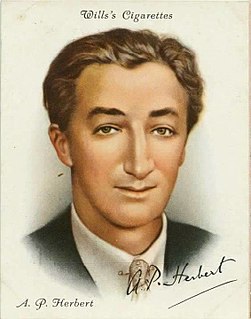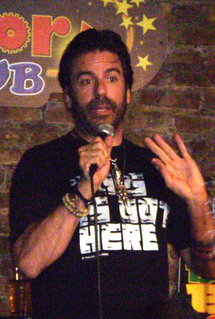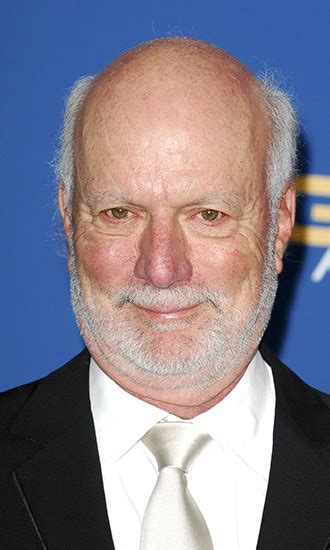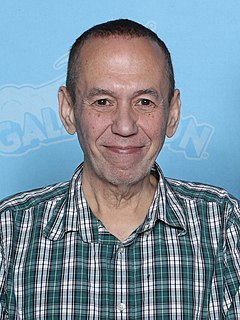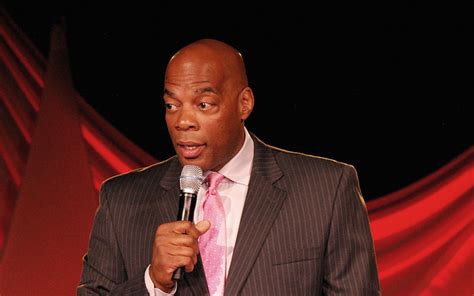A Quote by A. P. Herbert
The essence of humour is surprise; that is why you laugh when you see a joke in Punch.
Related Quotes
"I've found out why people laugh. They laugh because it hurts so much... because it's the only thing that'll make it stop hurting" ... "But that's not all people laugh at." "Isn't it? Perhaps I don't grok all its fullness yet. But find me something that really makes you laugh sweetheart... a joke, or anything else- but something that gave you a a real belly laugh, not a smile. Then we'll see if there isn't a wrongness wasn't there." He thought. "I grok when apes learn to laugh, they'll be people."
The thing about humour is that the super-ego is also at play, so what interested me, particularly in the last chapter which is key to the book -and no one seems to have picked this up in writings on Freud - is that, in the later Freud, the essence of humour is the ability to look at myself and find myself ridiculous. That makes me laugh.
If a comedian tells a joke that you find funny, you laugh. If he tells a joke you do not find funny, don't laugh. Or you could possibly go as far as groaning or rolling your eyes. Then you wait for his next joke; if that's funny, then you laugh. If it's not, you don't laugh - or at very worst, you can leave quietly.
If a comedian tells a joke that you find funny, you laugh. If he tells a joke you do not find funny, dont laugh. Or you could possibly go as far as groaning or rolling your eyes. Then you wait for his next joke; if thats funny, then you laugh. If its not, you dont laugh - or at very worst, you can leave quietly.
I keep on repeating something told to me by an American psychologist: "When you are making a joke about someone and you are the only one to laugh, it is not a joke. It is a joke only for yourself." If people are making a joke they have the right to laugh at me but I will ignore them. Ignoring doesn't mean that you don't understand. You understand it so much that you don't want to react.
